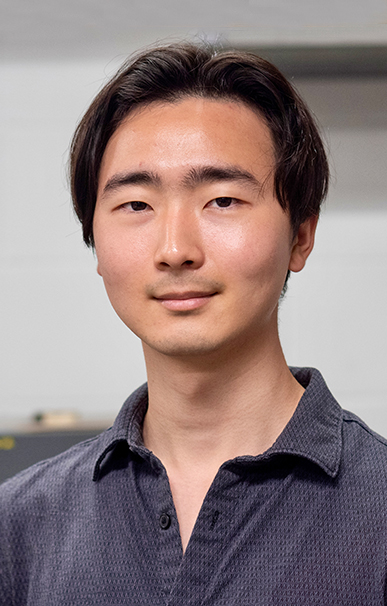John Kim ’25


Physics
Calcio-olivine Synthesis
Certificate(s): Engineering Physics, Materials Science and Engineering
I investigated the methods and conditions for synthesizing calcio-olivine (γ-Ca2SiO4), a silicate that could be used to reduce carbon emissions associated with cement production. The manufacturing of Portland cement is a substantial contributor to anthropogenic carbon emissions. Cement-based silicate constituents like calcio-olivine have demonstrated CO2 mineralization, which, if well understood, could be utilized to develop sustainable cement that cures with CO2. To further study the characteristics of calcio-olivine, synthesizing the material with a high purity level is essential. I aimed to optimize and perfect the synthesis process by modulating various synthesis parameters such as precursor molar ratio, heating rate, calcination temperature and time, and cooling rate. I used visual observations and X-ray diffraction to analyze the impact of different conditions parameters, and performed the Rietveld refinement technique on the X-ray diffraction data to ultimately calculate the degree of crystallinity. With this internship, I gained more experimental experience in materials science, a subject that I have always been interested in. After this project, I feel comfortable committing and delving deeper into the field. Moreover, I appreciated the opportunity to pursue my academic passion while also tackling climate-related issues.
2023
Innovation and a New Energy Future
Sustainable Cements Group, Department of Civil and Environmental Engineering and the Andlinger Center for Energy and the Environment, Princeton University - Princeton, New Jersey
Claire White, Associate Professor of Civil and Environmental Engineering and the Andlinger Center for Energy and the Environment; Kumaran Coopamootoo, Postdoctoral Research Associate, Andlinger Center for Energy and the Environment



